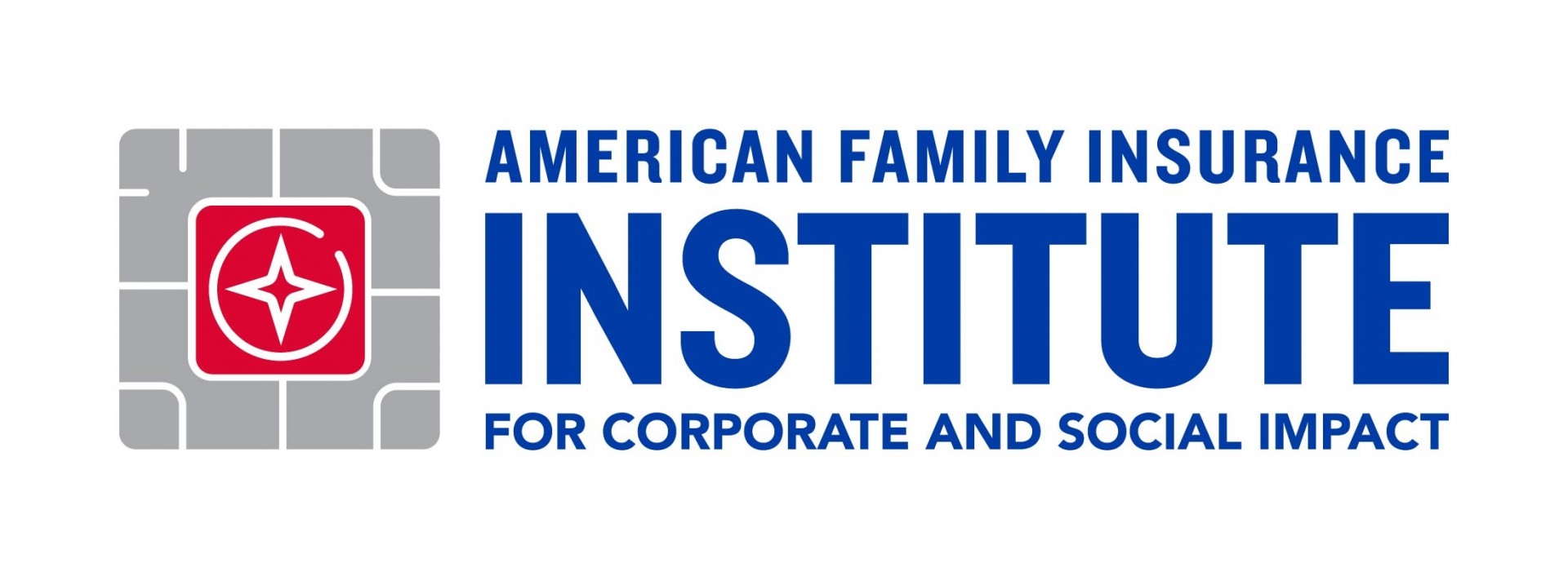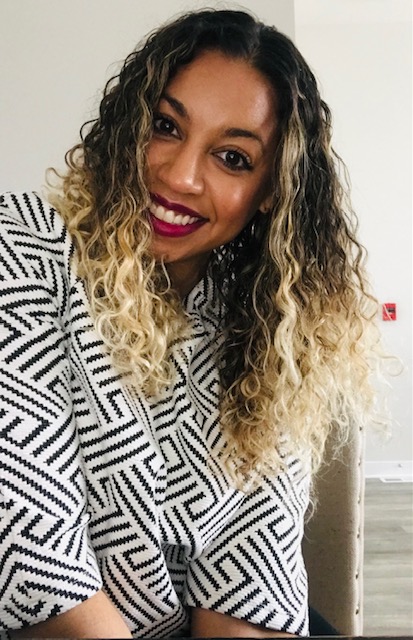
This article appears as part of This Week in Milwaukee Rising, a weekly newsletter from Technical.ly highlighting the innovators bringing a more just, equitable and dynamic Milwaukee economy. Subscribe here. The series is underwritten by American Family Insurance Institute for Corporate and Social Impact.
Morgan Phelps has something to prove.
After years of climbing the ladder in public relations, she was gearing up for a career shift to talent recruiting when she found herself unexpectedly sidelined. But it wouldn’t be the first time.
“I’ve gotten used to the brush-off,” said Phelps, who was working for a global communications firm at the time. “I was being held back, and I knew I wasn’t able to be me or grow. I got fed up with the gaslighting, the microagressions and the lip service that contributed to the status quo.”
The status quo? Like many other BIPOC professionals, Phelps said she was overlooked for a role she, and fellow colleagues at the company, felt she was more than ready or qualified for. After months of hedging from leadership, she didn’t get the job — an opportunity to bolster DEI hiring at the agency, in an all-white talent recruiting office.
The irony was not lost on Phelps. The diversity team needed more diversity. She ultimately left the company.
‘We can’t find diverse talent’
In blue collar jobs, Black workers are overrepresented in the market. But as Black professionals climb the ladder, the rungs are spaced further and further apart. Across the senior manager, VP and SVP levels, Black representation stagnates to just roughly 5% of the white collar workforce.
For Phelps, frustrations had long been mounting. Just months before she thought she was a shoe-in for the DEI recruiting role, she had been attending a conference that featured a discussion panel deliberating the challenges of diversity recruiting. She was taken aback by the panelists’ consensus:
“We can’t find diverse talent.”
Having worked in the DEI space, Phelps knew plenty of POC searching for opportunities to grow their careers. At the same time, companies wanted to hire diverse talent, but didn’t seem to know where to look. There was a major disconnect, Phelps said.
“It came down to fundamental communication problems [around] supply and demand,” she added. “I was seeing people on both sides of the conversations, so I started digging and exploring to find out where the problems were and to create change.”
Over the next year and a half, Phelps threw herself into DEI research and met with talent acquisition, HR and DEI leaders to get a better understanding of how she could bridge the relationships between companies and diverse job seekers. Along the way, she saw an opportunity for combining her background in communications and DEI, and launching a diverse recruiting agency of her own.
In 2019, she enrolled in the gBeta accelerator program and made the business official.
The business of diversity
Today, Phelps is founder and CEO of Colorful Connections, a diverse recruiting and retention firm. The startup provides talent placement services, DEI strategic consulting, workplace assessments, and workshops and trainings to improve diversity hiring at companies throughout the region and beyond.
Phelps first launched Colorful Connections to connect BIPOC candidates to jobs in the creative industry based on her background, but has since broadened the firm’s approach to embrace roles across industries including in fields such as HR, legal and financial services.

Morgan Phelps. (Photo via LinkedIn)
She’s also committed to “going beyond diversity” as many companies currently apply it.
“We don’t just focus on helping leaders find talent, but we also help create inclusive workplaces where people are supporting [DEI] initiatives so you’re not just ‘checking a box,’” Phelps said. “From a business perspective, we have to go beyond BIPOC [professionals] because we’re focusing on the wrong thing. We need to think about diversity differently. You have to grow in an equitable way. From a leader and hiring manager perspective, you’re missing the value that a person can bring with their diversity — and the value of their work.”
Having a diverse workforce isn’t just good for creating a sense of belonging or morale among employees, it’s also good for the bottom line: Diverse teams make better business decisions nearly 90% of the time.
“It’s 100% a smart strategic move for business leaders to be cognizant of their [DEI progress] and not let it be an afterthought,” Phelps said. “Having diverse teams significantly impact the bottom line because of everything that it touches … from recruiting to turnover and other business interruptions. When people are able to bring more of themselves to work, they produce better thinking and better results.”
And consider this: Research has found that racially and ethnically diverse companies are 36% more likely to outperform their competitors. Nearly two years after the onset of the pandemic and the resurgence of the civil rights movement, roughly 70% of job seekers say a diverse workforce is an important factor when evaluating companies and job offers — a necessary examination for employers facing widespread labor shortages and looking to sway the pendulum of hiring back in their favor.
Proving the naysayers wrong
Still, the barriers to diverse hiring are numerous — an attitude of indifference, a prevailing belief the workforce is sufficiently diverse, perceived DEI program costs — all of these hurdles can prevent companies from moving to embrace diverse hiring practices.
“Companies don’t always realize there is a lot of work and planning that goes into this. It’s not a flip of the switch,” Phelps said. “When budget is an issue, sometimes it’s an indicator that they aren’t ready or right for us. It’s truly an investment as your team grows. [Diversity hiring] should be treated with as much seriousness as your other strategic business goals.”
In the future, Phelps hopes to expand Colorful Connections’ mission nationally and develop a mobile app that will make diversity recruiting and workplace culture building a seamless process for progressive companies.
“Our vision is to create workplaces that reflect the thinking, the look, and the values of our evolving society,” Phelps said. “It’s something for years people were saying is impossible — ‘diverse talent doesn’t exist.’ To have an idea and wondering that if I build it, they will come, and facing naysayers along the way … maybe it’s the Capricorn in me, but I like to prove people wrong.”
Subscribe to This Week in Milwaukee Rising:
Join the conversation!
Find news, events, jobs and people who share your interests on Technical.ly's open community Slack

Delaware daily roundup: Delmarva Power vendor stats; DelDOT's $15M federal grant; 50 best companies to work for

Delaware daily roundup: Over 4,000 Black-owned businesses uncovered; Dover makes rising cities list; a push for online sports betting

Philly daily roundup: East Market coworking; Temple's $2.5M engineering donation; WITS spring summit


